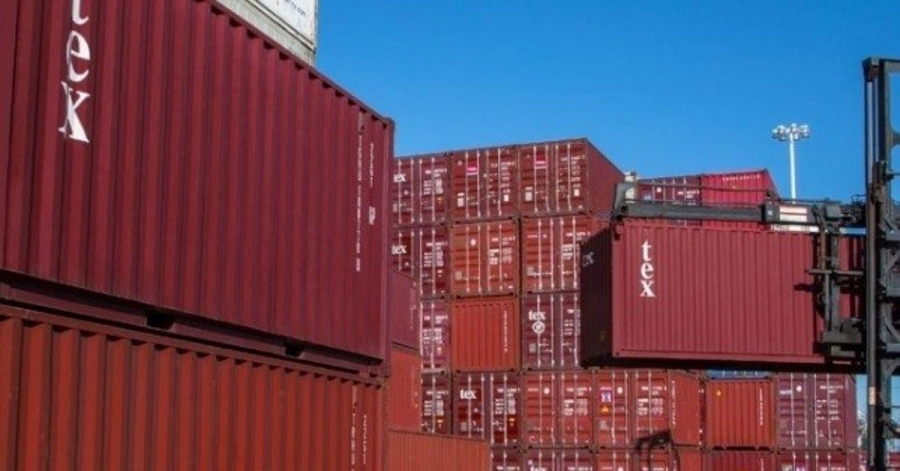Both BSAA Chairman Syed M Arif and BCSA General Secretary AS Chowdhury confirmed the development.
The forced shipment of empty containers from the yard of the Chattogram port is finally coming to an end, a positive development for foreign shipping liners as it would allow them to avoid the financial losses they have been incurring for the last six years.
During a meeting the Chittagong Port Authority (CPA) assured the Bangladesh Shipping Agents Association (BSAA) and the Bangladesh Container Shipping Association (BCSA) that the practice would be discontinued.
Both BSAA Chairman Syed M Arif and BCSA General Secretary AS Chowdhury confirmed the development. The CPA would soon issue an official order to this effect.
The port authorities may attach some conditions, including moving away empty containers through preferable vessels or shifting them to private off-docks after keeping them at the yard for three days, said an official of the port.
After being unloaded at the port, cargoes from a good number of import-laden containers are delivered from the port’s premises. A portion of these empty containers are sent to inland container depots (ICDs), also known as private off-docks, for storage for the time being and the rest are kept at the port’s yards.
Some empty containers are also imported for the shipment of export cargo and kept at the yards as well.
But in the wake of severe container congestion at the country’s premier seaport for months in 2015 and 2016, the authorities introduced the forced shipment of empty containers to decongest the yard.
Though it is not practised in the global shipping trade, shipping agents said they had extended cooperation to the CPA at that time. The move helped ease congestion to a large extent.
The authorities enforce the forced shipment of empty containers whenever they pile up and the designated space for the boxes reaches its capacity.
But since the initiative has still remained in place, container-owning foreign main line operators (MLOs) are facing multiple challenges.
Usually, MLOs maintain long-term agreements with feeder vessel operators, which carry goods-laden as well as empty containers to nearby ports in other countries. The deals clearly specify the allocation of slots in vessels, the discharge of containers at destination ports, and the cost.
But the port authorities implement the forced shipment of empty containers by loading them onto any anchored feeder vessel. And problems emerge when MLOs don’t have any agreements with the vessels.
Foreign MLOs, which operate containers in Bangladesh, have recently raised questions with their agents about the practice. This led the BSAA to write to the CPA on Saturday and request it to stop it.




















